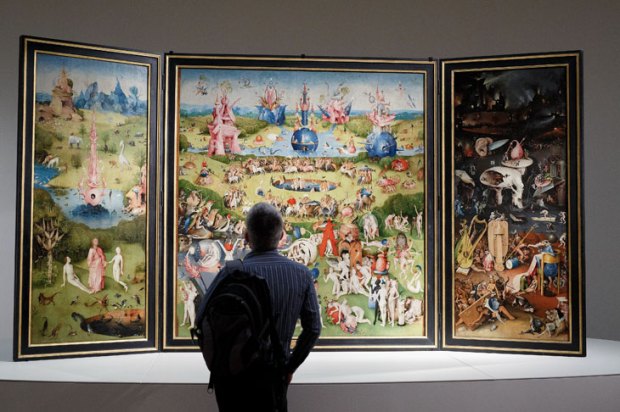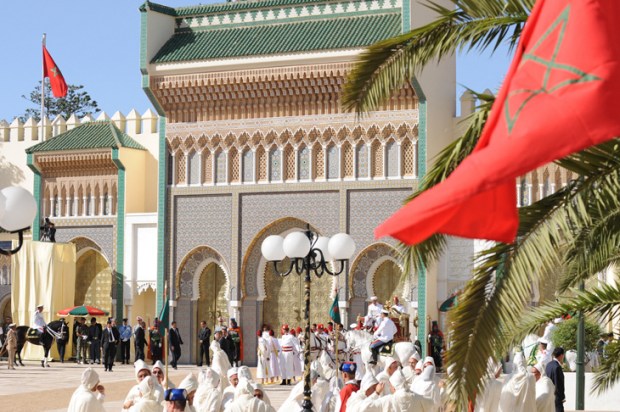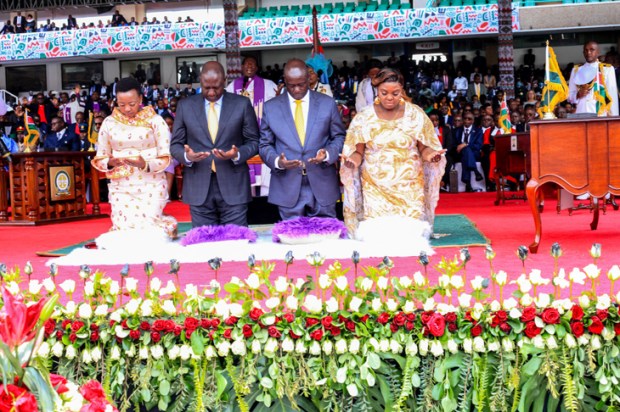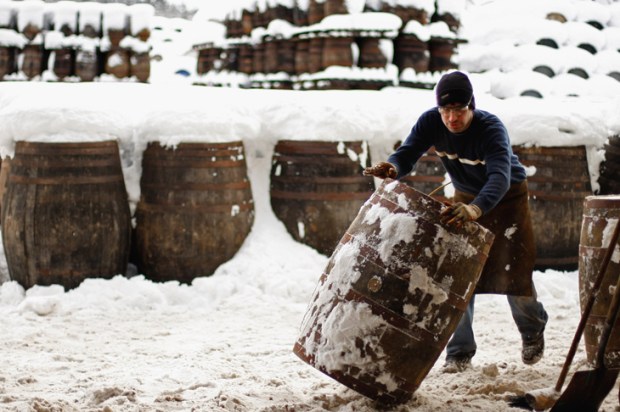Songkran is not the best time of year to be a correspondent in Pattaya. It’s not that the story you’re after – a hard-hitting piece on sex tourism, naturally – has gone anywhere. Given the Thai New Year tradition of drenching everyone and everything with bucket and super soaker and hydraulic water cannon, the prevalence of flesh in the country’s sex capital is actually more pronounced than usual: Songkran is basically a city-wide wet T-shirt competition. (In reality, the massive water fight, like so much else in Thailand, is more a perversion of local custom – young people blessing their elders with a sprinkle of scented water to mark the end of the dry season and ensure good luck—than an accurate expression of it, designed to appeal to foreigners through sheer hedonistic scale.)
No, it’s difficult to be a correspondent during Songkran because to take one’s camera or notebook anywhere is to invite ruin upon oneself. But one grits one’s teeth, wraps everything in plastic, and strikes out into the filth regardless. There’s Sodom and Gomorrah to discuss.
Or, at least, to tiptoe around. Drawing a sex tourist into a conversation about sex tourism can be a tortuous affair, characterised by digression and euphemism and subterfuge. And not always on the sex tourist’s part. Indeed, Pattaya had the curious effect of turning this correspondent into a prude. Whether discussing the innocent pleasures of hand-holding or the inherent vice of sex shows and worse, the subject is hard to broach.
What does a sex tourist even look like? Received opinion tells us that he is an elderly white widower or divorcee: the ‘dirty old man’ of yore. In Pattaya, however, one quickly learns that generalising about sex tourism—who’s undertaking it, what exactly they’re after, their reasons for seeking it out in the first place—is a mug’s game. A sex tourist can be anyone: a Russian family man, a Chinese businessman on tour, British newlyweds with her the more excited of the two. There are old men seeking nothing more than the attention, conversation and physical contact—the aforementioned hand-holding—that our culture denies them at home, preferring as it does to desexualise the elderly, putting them out of sight, mind and reach. There are young men who – to borrow the tabloids’ terminology – are of Middle Eastern appearance, who are in town to seek the not-so-innocent contact that their culture denies them in turn.
This latter group isn’t particularly popular here and has occasionally had a rough time of it. They have been beaten by bouncers, by streetwalkers and ladyboys, usually for declining to pay the agreed-upon price of a sex show, a lady drink or a half-hour in the flophouse. One prostitute I interviewed for my story—a 27-year-old from the poor north-eastern part of the country, where her family awaits their monthly remittance with bated breath—said she refused to sleep with Middle Easterners after an Iranian man punched her in the face during an argument about money.
Why they should feel the need to argue over a few dollars here and there was rather beyond me. The Kuwaitis and Omanis I met at Titanic Bar in the so-called Arab Quarter off Walking Street clearly had a lot of the stuff, swilling Chivas Regal by the bottle and using that to justify groping their ‘dates’ in the broad light of neon.
Both my visits to the Arab Quarter were cut short by Thai managers imposing an unexpected (and for me rather novel) policy of racial discrimination. There was no indication on either visit that I was a reporter, which would undoubtedly have led to eviction as well. Being a moderately wealthy white man – rather than a fabulously wealthy Middle Easterner ordering by the bottle – was the issue.
The Middle Easterners were not the only ones getting into Songkran, of course, but they were certainly among the most gung-ho about it, donning face masks and patrolling Walking Street in groups of four or five, or else riding through the city on the back of tankards and blasting all-comers with fire hoses. I caught myself making unfair comparisons to certain news photographs, but this tendency towards racial profiling was kept in check by the presence of so many other nationalities drenching one another in the streets. Few were kind enough, when presented with the accoutrements of my trade, not to fire when pleaded with. Not since experiencing Chinese New Year in Beijing, with the near-constant booming of fireworks and rat-a-tat-tatting of firecrackers, has an innocuous celebration had me so on edge.
In Walking Street’s Australia-themed Roo Bar the proprietor, ‘Roundy’, was not on edge so much as he was over the whole thing.
Not the sex, which flowed past in streams as constant and fetid as the run-off from the celebrations. He was obviously accustomed to that. (Indeed, it was ‘Roundy’ who procured me my street-walking interviewee, a girl he had known platonically since she arrived in the city several years back.) Rather, he was over the run-off itself, a profound and unconscionable waste, he told me, when Thailand and so much else of Southeast Asia was in the midst of crippling drought. While the ruling junta had tried to implement water restrictions, these were ignored, particularly in Pattaya, where the water fights had begun three days before Songkran and where they were scheduled to continue after it was over.
‘There’s no justifying it,’ Roundy said. ‘There are people in the country who have been told they’re not to water their crops. The only thing Songkran is good for is killing people.’ ‘Killing people?’
‘The road toll,’ he said and took a sip of his beer, safely ensconced, as it was, in a Geelong Football Club stubby holder. As it turned out, by the end of the holiday the roads would have claimed a record 442 lives – the season’s only bumper crop. (3,656 people were injured.) Across the bar a more stereotypical sex tourist was partaking of a drink. But even Monty threw common perceptions into question: here was a man in a monogamous relationship—on his part, at least—with a local prostitute. He called her his girlfriend and explained that, in addition to paying her for sex, he gave her money for other things, too. ‘Like dresses,’ he said. ‘Just like back home’.
‘You wouldn’t pay a girl back home for sex, though,’ I said. ‘Not directly,’ he half-conceded. I asked him what he thought of his girlfriend sleeping around on him the ten months of the year he wasn’t in-country. ‘She isn’t sleeping around on me,’ he said. ‘She’s doing her job. There’s a difference.’
‘A Thai girl never really leaves you,’ he said. ‘It’s just no longer your turn.’
Got something to add? Join the discussion and comment below.
Get 10 issues for just $10
Subscribe to The Spectator Australia today for the next 10 magazine issues, plus full online access, for just $10.












Comments
Don't miss out
Join the conversation with other Spectator Australia readers. Subscribe to leave a comment.
SUBSCRIBEAlready a subscriber? Log in